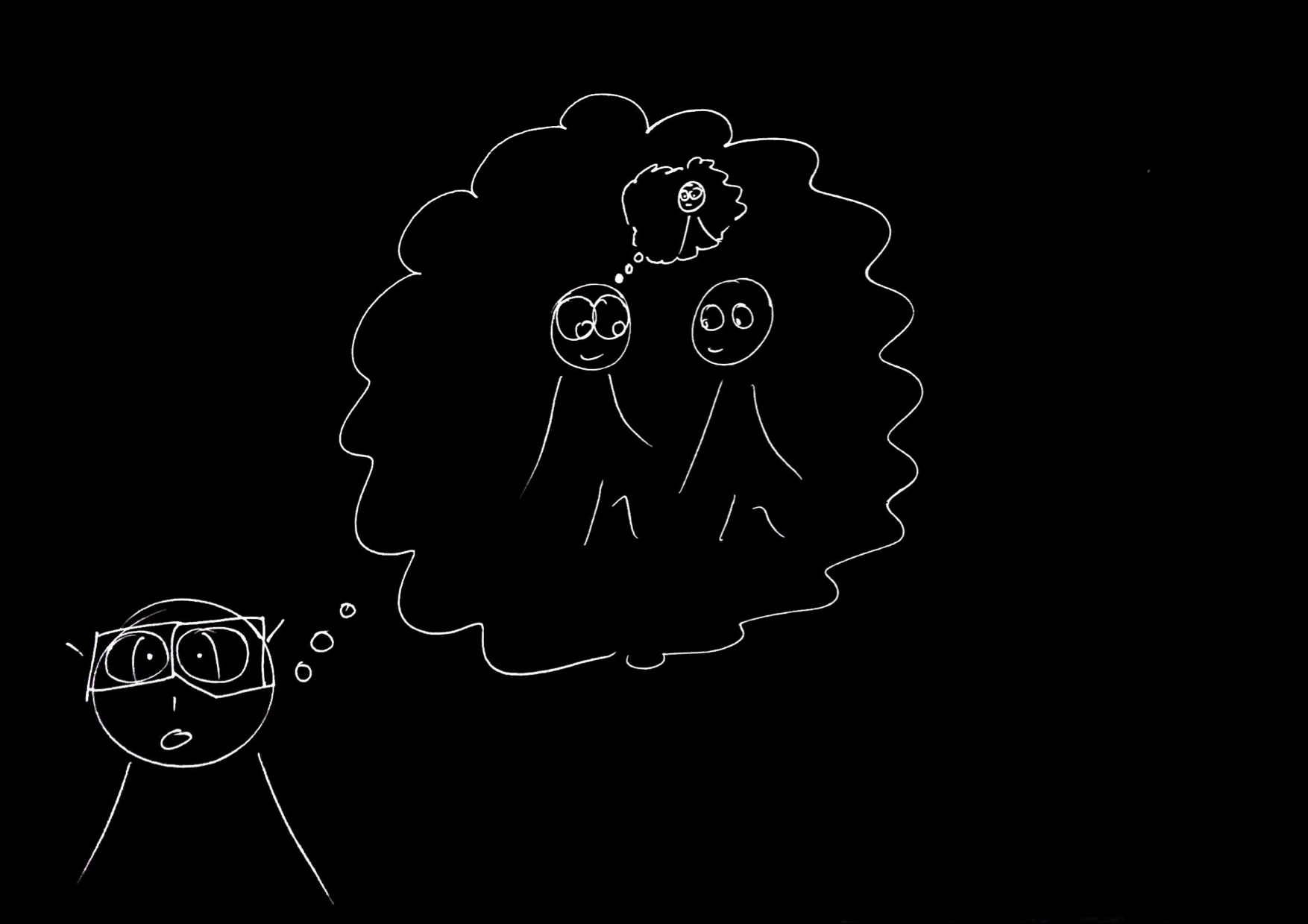Click here and press the right key for the next slide (or swipe left)
also ...
Press the left key to go backwards (or swipe right)
Press n to toggle whether notes are shown (or add '?notes' to the url before the #)
Press m or double tap to slide thumbnails (menu)
Press ? at any time to show the keyboard shortcuts
Three Responses to the Logical Problem
The logical problem
‘since mental state attribution in [nonhuman] animals will (if extant) be based on observable features of other agents’ behaviors and environment ... every mindreading hypothesis has ... a complementary behavior-reading hypothesis.
‘Such a hypothesis proposes that the animal relies upon certain behavioral/environmental cues to predict another agent’s behavior
Lurz (2011, 26)
Do any nonhuman animals ever represent others’ mental states?
1. Representing others’ mental states depends on making a transition from behaviour to mental state.
2. For any hypothesis about mindreading there is a ‘complementary hypothesis’ about behaviour reading
3. The two hypotheses generate the same predictions.
4. No experiment can distinguish between them.
1. It is not a logical problem at all, but one that should be resolved by better experimental methods.
- we lack currently evidence for nonhuman mindreading
(except maybe from ‘goggles’ and ‘mirror’ experiments)
2. It is a merely logical problem (so a form of sceptical hypothesis).
- we already have evidence for nonhuman mindreading
3. It is an illusory problem, caused by a theoretical mistake.
- we’re thinking about the issue in the wrong way
‘Comparative psychologists test for mindreading in non-human animals by determining whether theydetect the presence and absence of particular cognitive states in a wide variety of circumstances.
Halina, 2015 p. 487
The ‘Logical Problem’ is a sceptical problem
∴
the evidence supports mindreading?
Apes : anticipatory gaze depends on protagonists’ false belief (Krupnye et al, 2017)
Apes, goals : food avoidance differs depending on competitors’ (mis)information (Hare et al, 2001; Kaminski et al, 2006)
Apes : avoid being seen or making sounds when taking food (Melis et al, 2006)
Apes : will exploit facts about what others can see in mirrors or through screens (Karg et al, 2015; Lurz et al, 2018)
Corvids : caching differs depending what others can, or have, seen (Clayton et al, 2007; Bugnyar et al, 2016)
Dogs : responses to requests depend on what requester can see (Kaminski et al, 2009)
Ringtail lemurs, common marmosets : food avoidance depending on competitors’ line of sight (Sandel et al, 2011; Burkart & Heschl, 2007)
‘Comparative psychologists test for mindreading in non-human animals by determining whether they detect the presence and absence of particular cognitive states in a wide variety of circumstances.
Halina, 2015 p. 487
Requirement:
We can distinguish,
both within an individual
and between individuals,
mindreading which involves representing mental states
from
mindreading which does not.
1. It is not a logical problem at all, but one that should be resolved by better experimental methods.
- we lack currently evidence for nonhuman mindreading
(except maybe from ‘goggles’ and ‘mirror’ experiments)
2. It is a merely logical problem (so a form of sceptical hypothesis).
- we already have evidence for nonhuman mindreading
3. It is an illusory problem, caused by a theoretical mistake.
- we’re thinking about the issue in the wrong way
‘Nonhumans represent mental states’ is not a hypothesis
‘chimpanzees understand … intentions … perception and knowledge’
‘chimpanzees probably do not understand others in terms of a fully human-like belief–desire psychology’
Call & Tomasello (2008, 191)

‘the core theoretical problem in ... animal mindreading is that ... the conception of mindreading that dominates the field ... is too underspecified to allow effective communication among researchers’
Heyes (2015, 321)


‘Nonhumans represent behaviours only’
is also not a hypothesis
‘an intelligent chimpanzee could simply use the behavioural abstraction […]: ‘Joe was present and oriented; he will probably go after the food. Mary was not present; she probably won’t.’’
Povinelli and Vonk (2003)
‘because behavioural strategies are so unconstrained ...it is very difficult indeed, perhaps impossible, to design experiments that could show that animals are mindreading rather than behaviour reading.’
Heyes (2015, 322)

1. It is not a logical problem at all, but one that should be resolved by better experimental methods.
- we lack currently evidence for nonhuman mindreading
(except maybe from ‘goggles’ and ‘mirror’ experiments)
2. It is a merely logical problem (so a form of sceptical hypothesis).
- we already have evidence for nonhuman mindreading
3. It is an illusory problem, caused by a theoretical mistake.
- we’re thinking about the issue in the wrong way
tracking vs representing mental states
What is observed: that nonhumans track others’ mental states.
Tracking mental states does not require representing them.
So:
How can we draw conclusions about what nonhumans represent?
What does the ‘Logical Problem’ show?
Lurz, Krachun et al
The ‘Logical Problem’ can be overcome with better experimental design.
Halina, Heyes (?), et al
The ‘Logical Problem’ is a logical problem.
Its existence shows that these are the wrong experiments whereas those are the right ones.
Its existence shows that being able to track mental states does not logically entail being able to to represent mental states.
The standard question:
Do nonhuman animals represent mental states or only behaviours?
Obstacle:
The ‘logical problem’ (Lurz 2011)
What could make others’ behaviours intelligible to nonhuman animals?
-- the teleological stance
What could make others’ mental states intelligible to nonhuman animals?
-- minimal theory of mind
Logical Problem: Summary
1. statement of what the problem is
2. three responses to the Logical Problem
My proposal :
3. it is a logical problem, not an experimental issue ...
4. ... but recognising this leaves open the question of what nonhumans represent.